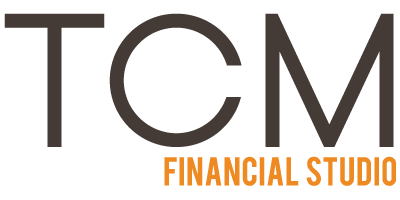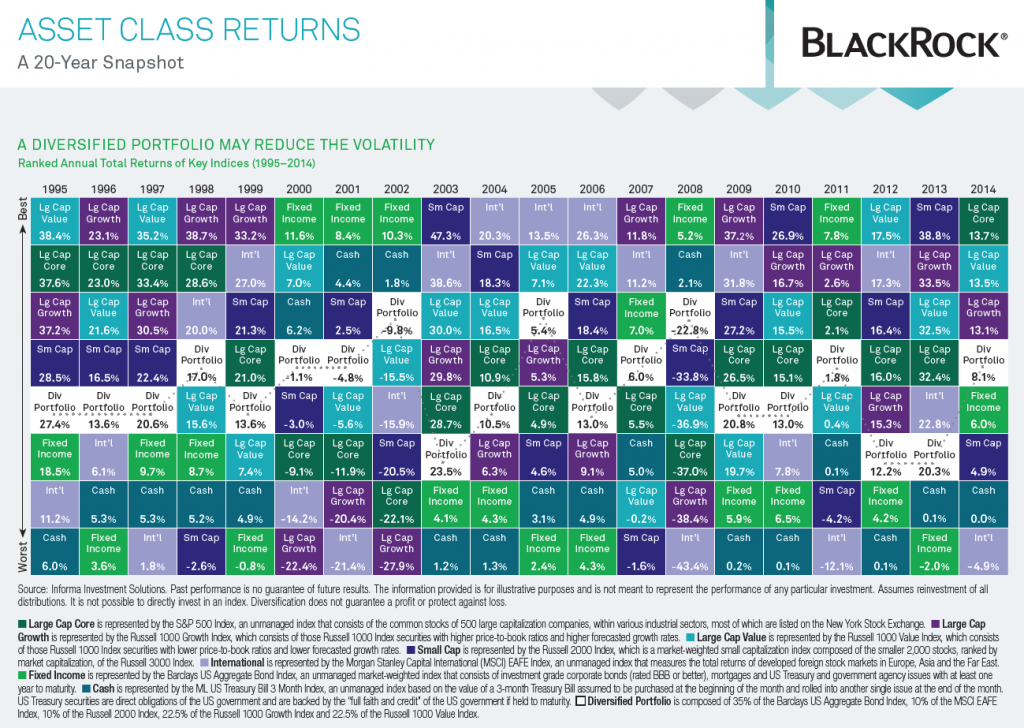RE: Laverne & George Straub Response
Laverne & George: Like many other people entering their retirement years, am I financially able to retire considering the current changes in our economy?
Thank you for participating as a Client Hero and submitting this question.
Even though you plan on retiring in the near term, the current state of the Canadian economy will have a minimal effect. During your working years there have been numerous changes to the economy. Up to this point in time you have overcome these external obstacles by sticking to a plan and not reacting abruptly along the way. We expect changes in the economy to occur going forward and during your retirement years. Developing a plan for retirement is on the horizon for you two. Once a plan is established, it will be important to stick to it and only make small tweaks as needed.
There are two topics I would like to explore when expanding on these comments. The first is a discussion on the importance of diversification within investment portfolios (and any pension plans). The second topic is a discussion on the pace at which individuals withdraw money from these investment accounts during retirement.
1. When new clients come to TCM we often notice their portfolios are substantially weighted towards Canadian markets. This “home bias” results in being invested too heavily in a few sectors. The most talked about of these in Canada at the moment is the energy sector. Portfolios that have a “home bias” will have noticed their values decreasing over the past year as a result. We recommend developing a long term strategic asset allocation and rebalance as needed. Including exposure to stock and bond markets outside of Canada can actually reduce the risk of a portfolio. With this being said, sticking to a strategic asset allocation might sound boring to some.
The following chart is one of my favourite ways of illustrating how making short term asset class predictions is difficult to do. (Try playing this game: start in the 1995 column and cover up the rest of the chart. Try guessing which asset class will perform the best in 1996 and which will perform the worst. Continue this task all the way to 2014. )
2. Generally, most Canadian’s receive their retirement cash flow from more than a few sources. For example, retirees will potentially receive money from the Canada Pension Plan (CPP), Old Age Security (OAS), and/or an employer pension plan.
When developing retirement cash flow strategies for our clients, the pace at which money is withdrawn from personal investment accounts usually surprises them. Once the base levels of income (CPP/OAS) are determined, which often cover many of life’s most basic necessities, we can then begin to build a structure to generate income to cover other lifestyle expenditures. This structure actually focuses less on specific investments and more on different product types such as annuities, investment funds or cash to protect income from those inevitable swings in the market, while at the same time keeping up with the general rise in prices during retirement.
In summary, your question is a valid one and a common theme with many pre-retirees. We believe that it helps to think about other large moments in your life prior to this one. For example, starting a family, buying a home, changing jobs, going back to school and the list goes on. The variables you considered when making these decisions were likely based on numerous factors outside of economic conditions.
– Connor



